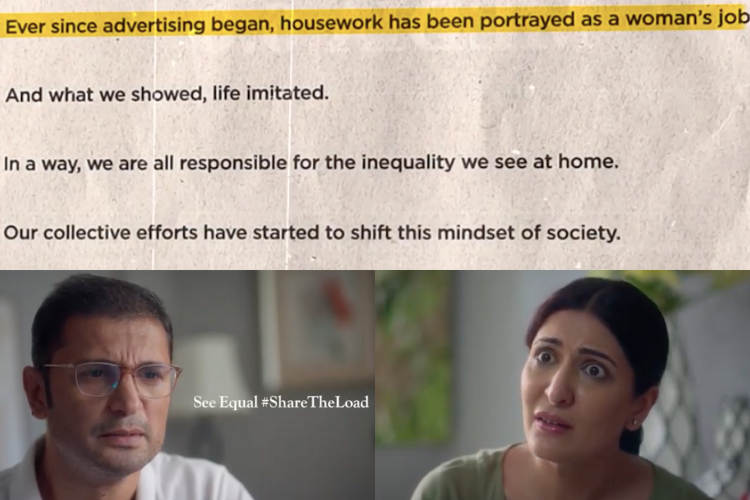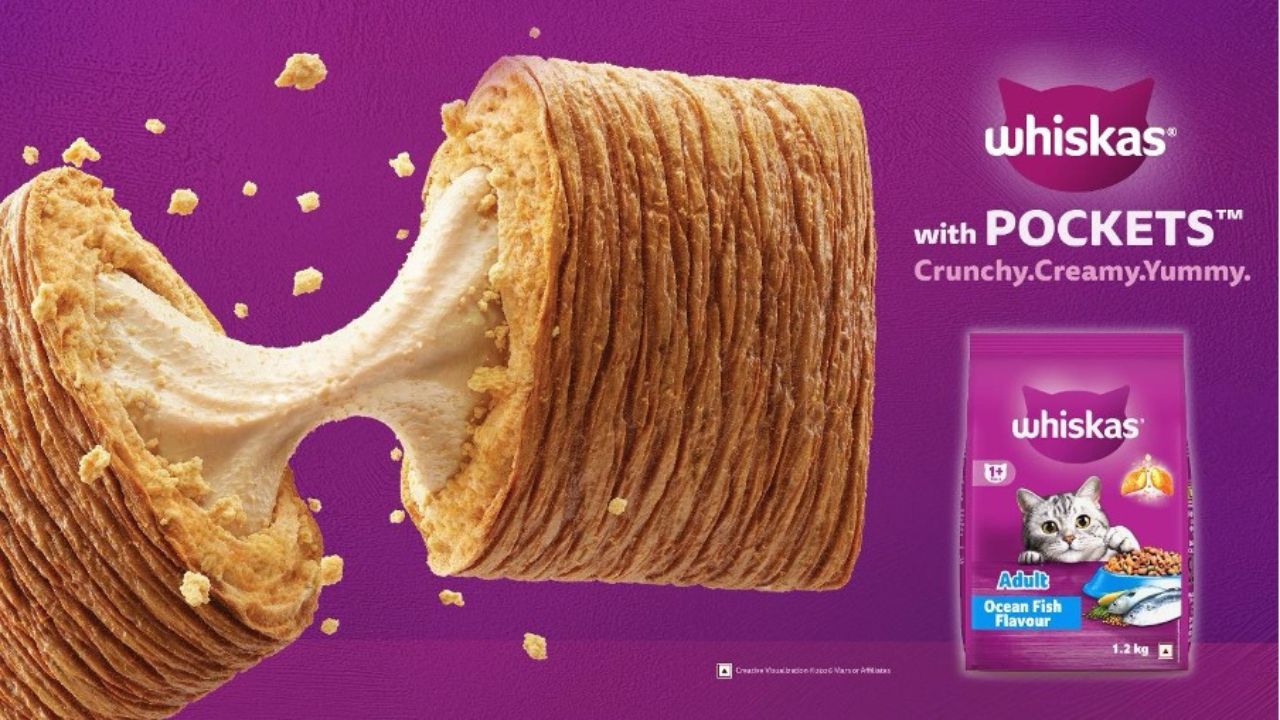After a two-year gap, the Cannes Lions International Festival of Creativity will be hosting an on-ground event in 2022.
Global creative work will be celebrated from the industry through its red carpet awards nights between 20-24 June.
As always, Campaign India will lead the charge from this region by showcasing all of India's entries to the festival through our 'Cannes Contenders' series.
This is based on the premise that Cannes jurors don’t get enough time to scrutinise and deliberate a piece of work they haven’t really come across before. This series is a way of acquainting them with the good work from India and South Asia before their judging stint. And of course, to acquaint the rest of the industry with work from this region which is competing at the Cannes Lions this year.
BBDO India has one such entry going out as two different submissions:
Brand: Ariel India
Entry title: ‘See Equal #ShareTheLoad’
For generations, deep-rooted cultural norms and traditions have made housework the exclusive responsibility of women. Ariel has been leading the conversation on gender equality at home since 2015.
In 2021, a World Economic Forum report revealed a shocking truth – at the current pace of change, gender parity is 135 years away. Which means, no woman alive will experience gender parity.
This shocking reality shaped Ariel’s 2022 brief:
- How do we radically accelerate the pace of change on the issue?
- How do we affect a more immediate mindset shift in men?
To accelerate the pace of change and drive an immediate mindset shift the brand launched ‘See Equal #ShareTheLoad’ – a provocative social movement. BBDO India kickstarted the movement by taking a more defiant stand. In the film, the wife confronts her husband and calls out his double standards. She asks - Why do men like him share the load with other men, but not with their wives? Is it because they never see them as equal? This set a whole new tone for the country and created conversation and immediate news. It was covered in more than 1900 publications in India and globally. The film was viewed 115 million times across platforms.
To catalyse the change, Ariel then released an open letter on the front page of leading national dailies calling advertisers, media partners and content creators to join the movement to change the imagery in their communication.
The brand then went one step further and transformed its packs into a silent protest. For the first time in its history, Ariel changed the name on its pack to the names of Indian men. By doing so, it brought the message of ‘share the load’ right into people's homes.
The collective impact was felt by brands and society.
- Brand awareness jumped by 142%
- The film received over 115 million views across platforms
- It generated over USD 35 Million in earned media
- Four billion earned impressions
- 43% increase in emotional equity
- In 2015, 79% of men believed that laundry is a woman’s job. Today, that number has dropped to 26%
Also read:
Cannes Contenders 2022: Wunderman Thompson South Asia
Cannes Contenders 2022: DDB Mudra Group
Cannes Contenders 2022: FCB Group India
Cannes Contenders 2022: ^ a t o m




